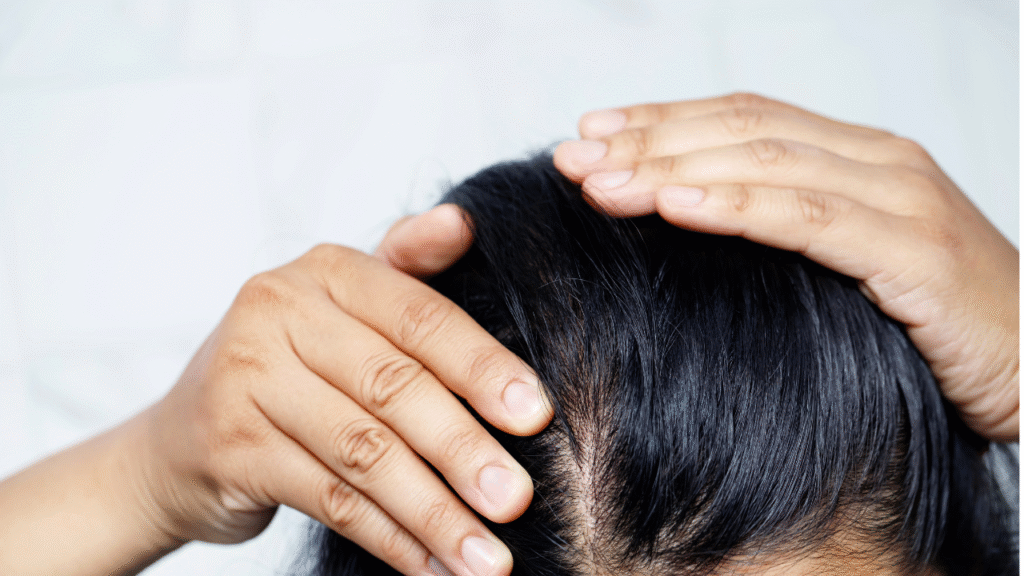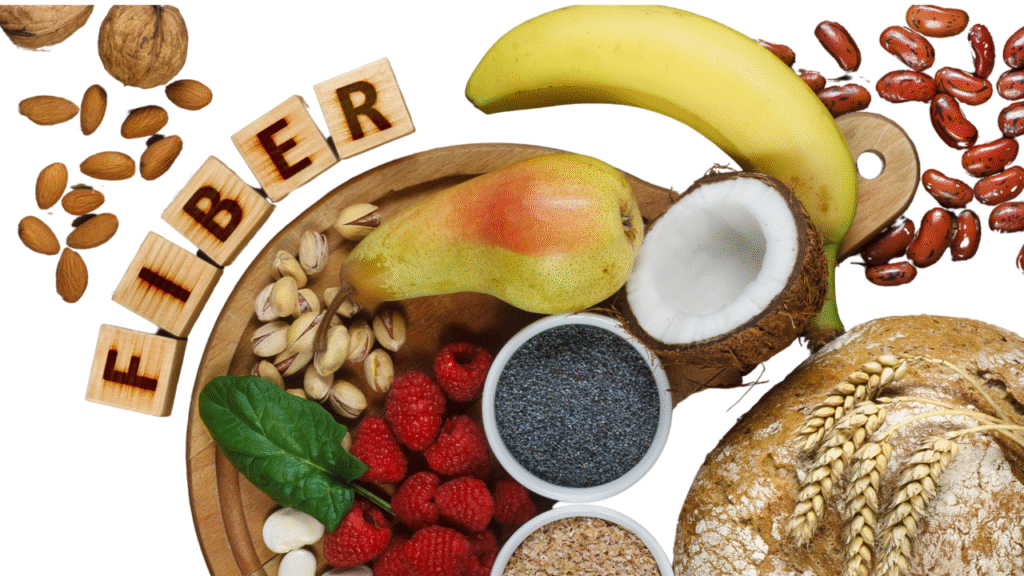
Zinc can be found throughout cells, muscles, and bones; however, the body cannot create zinc, so it must be acquired through diet. Taking herbs high in zinc is a great way to add extra zinc to your diet. It is an essential trace element contributing to immune function, tissue repair, and gene synthesis. Since zinc is involved in many health aspects, maintaining adequate zinc levels is essential for the body to function at its peak capacity.
Zinc is a naturally abundant trace mineral essential for numerous physiological processes in animals, plants, and humans. Animals and humans receive zinc from water, plants, food, and natural supplements. Zinc is absorbed into the bloodstream through the small intestines and is primarily carried throughout the body by three proteins: albumin (60%), ?-macroglobulin (30%), and transferrin (10%).
The body requires zinc to carry out many aspects of cellular metabolism. For example, along with protein and DNA synthesis, zinc is essential for the optimal activation of hundreds of enzymes.
Zinc is also crucial for the beginning stages of human growth, from pregnancy to adolescence. It commonly works with vitamin C to support and enhance immune system functioning, possibly reducing the risk of numerous infections.
In this article, we’ll review a list of herbs high in zinc as well as the health benefits of zinc.
Bacopa (Bacopa monnieri)
Bacopa (Bacopa monnieri) is a perennial herb popular in Ayurvedic medicine and revered for its effects on the brain. Research has shown that it may improve brain function and mood and reduce the risk of neurodegenerative diseases. It is also known for its anti-cancer properties and is one of the vital zinc herbs. 100g of dried bacopa contains 11mg of zinc, around half a cup. It is best taken as a supplement or extract.
Chervil (Anthriscus cerefolium)
Chervil (Anthriscus cerefolium) is a popular culinary herb in French cuisine, used as a flavoring and therapeutic herb for thousands of years. It has been used to soothe stomach conditions, reduce blood pressure, provide antioxidants, and decrease the risk of vitamin and mineral deficiencies during the winter. It is estimated that 100g of dried chervil contains 8.8 mg of zinc. Chervil leaves can be used as flavoring for soups, butter, poultry dishes, and salad and can also be consumed as tea or extract. Its zinc content helps prevent trace mineral deficiencies while promoting benefits for stomach conditions, blood pressure, and skin health.
Holy Basil (Ocimum tenuiflorum)
Holy Basil (Ocimum tenuiflorum) is one of the most popular herbs in Ayurvedic medicine. It has a clove-like aroma and is not used in culinary dishes. Traditional and modern uses of tulsi leaves are similar, and it is known to support stress, improve brain function, and improve immune functioning. It is estimated to contain 4.8 mg of zinc and is best enjoyed as a tea, extract, or capsule supplement. Its zinc levels and adaptogenic properties indicate health benefits for stress, cognition, and immune system function.
Hemp seeds
Hemp seeds, often known as hemp hearts, have a high nutritional profile and complement most diets. They do not include cannabis, but their benefits include relief from arthritic and joint pain, improved heart and digestive health, improved hair, skin, and nail health, and immune system support. It goes well in smoothies, breakfast bowls, nut butter, hemp milk, and protein powder. Zinc content per 100g is calculated to be (11.5mg, 77% DV). See your doctor if you are concerned about potential medicine interactions or hemp seed side effects.
Oregano (Origanum vulgare)
Oregano (Origanum vulgare) is an herb in the Lamiaceae or mint family popular in various cuisines, especially Mediterranean foods. It is eaten fresh or dried and has a more potent, peppery flavor. It is known for its antimicrobial, anti-inflammatory, and analgesic properties and its antioxidant effects. 100g of dried oregano is estimated to contain 2.7 mg of zinc, making it one of the best herbs high in zinc. It is a flavoring for sauces, bread crumbs, marinades, and vinaigrettes and can be taken as a capsule supplement or extract. It may also promote antibacterial, antifungal, and anti-inflammatory activity.
Thyme (Thymus vulgaris)
Thyme (Thymus vulgaris) is a Lamiaceae family herb native to the Mediterranean region and is one of the most common zinc-rich foods in the kitchen. It is derived from “thymos,” meaning “courage and strength,” and has antimicrobial, antioxidant, and anti-inflammatory properties. It is estimated that 100g of fresh thyme contains 1.8mg of zinc. It is most commonly used as a culinary flavoring or garnish but can be administered as a tea, extract, or supplement in capsule form.
Shatavari (Asparagus racemosus)
Shatavari (Asparagus racemosus) is an adaptogenic herb for its therapeutic root. It belongs to the Asparagaceae family and is native to Southwest Asia. Popular in Ayurvedic medicine, Shatavari is known for its rejuvenating properties, anti-aging effects, hormone balance, and ulcer healing. It is estimated to contain 0.54mg of zinc and is best consumed as a decoction, tincture, or capsule.
Sesame seeds
Sesame seeds provide fiber, protein, copper, manganese, zinc, calcium, and other vital vitamins and minerals produced from the sesame plant. They may offer health benefits such as improved food absorption, increased fat burning, improved hormone levels, lower blood pressure, cholesterol, and cancer cell proliferation.
It is estimated to contain (11.16mg, 117% DV) of zinc per 100g. They can be consumed as is or made into tahini or sesame oil and added to stir-fries, dips, dressings, and salads. However, be careful with consuming sesame as it is on the FDA’s list of major allergens in 2023.
Cardamom
Cardamom is an old medicine with numerous therapeutic effects. It may aid in the fight against cancers, reduce anxiety, fight infections, and protect the liver. It is calculated that each 100g contains 7.47 milligrams of zinc. Cooking with cardamom may be a safe and effective approach to enhancing health, but it should be done with caution and under the guidance of a doctor.
Where to Buy
Shop on Amazon
- Amazon
- Product Resources
- Healthy Herbs and Spices
- Online
- Bulk Supplement
- Mountain Rose Herb
- Now Foods Herbal Products
DISCLAIMER OF MEDICINE
This information is not meant to provide medical advice or replace a personal physician’s advice or treatment. All readers of this information, especially those taking prescription or over-the-counter medications, should check with their doctors before initiating any nutrition, supplement, or lifestyle program. In addition, the statements and goods on this website have not been evaluated by the Food and Drug Administration.




